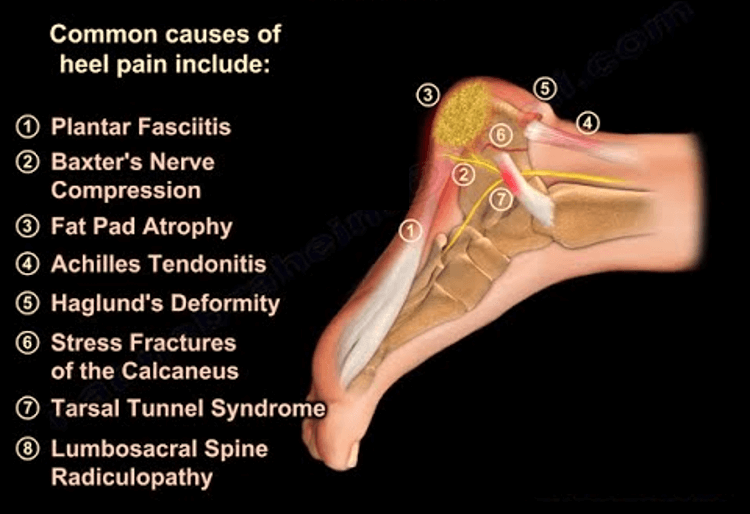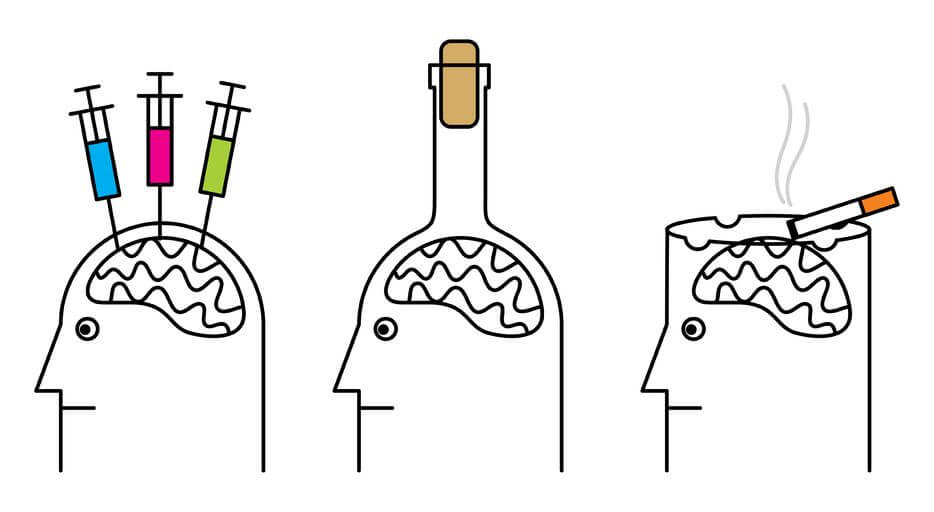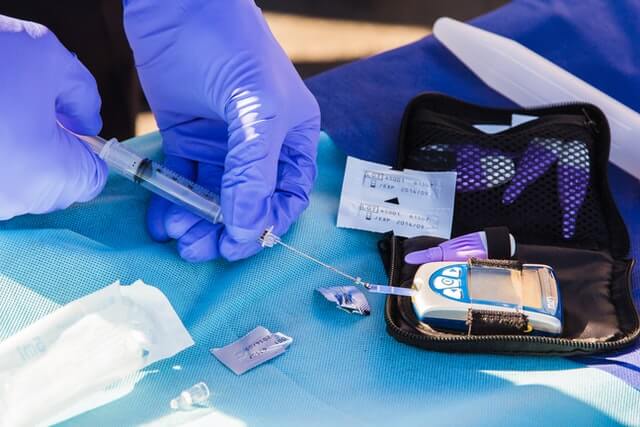Preparation
- Gather salient information from material provided
- Classify the problems into medical and psychosocial to deal with each separately
- Anticipate the state of patient’s mind (angry/anxious/bereaved) by asking yourself “How would I feel in this situation?”
- Setting:
- Leave your pager with colleague to avoid being disturbed
- Select a private, tranquil room and arrange the chairs to ensure that you are positioned in a non-defensive and approachable manner
Introduction
- Greetings
- Provide your name and position
- Ask for their name and relation to the patient
- Ask for consent from the patient if you are communicating with family members
- Ask the patient if they wish to be alone or accompanied (by friend, family member or nurse)
- Consider giving warning shots if you are going to deliver important test results or bad news
Consultation
- Ask for patient’s/family member’s perspective (ICE)
- Avoid medical jargons
- Diagrams often help patient understanding
- Explain the diagnosis/procedure and further information required
- If asked about prognosis – you must not give specific information until you have the necessary results
- In areas beyond your expertise – admit your incomplete knowledge and state that you will consult a senior colleague or seek advice from experts in other disciplines (multidisciplinary approach)
- Body language:
- Avoid defensive positions (arms crossed and lack of eye contact)
- Demonstrate active interest (repeat the salient points communicated and seek clarifications)
- Smile unless the patient or relative is upset and tearful (in such cases provide empathy, compassion or even a tissue)
- Apologize if there has been a misunderstanding or mistake
Consolidation
- Ask the other person to repeat back what he/she has understood
- Address if any confusion, miscommunication or disagreement using “ICE” once again
- Patient has right to refuse treatment
- Schedule for 2nd meeting if immediate solution or compromise cannot be reached
Conclusion
- Summarize what has been communicated
- Provide agreed management plan
- Give your name, position and contact details for future communications
- Thank the person for their time and close the session appropriately
The structural format can be remembered under the headings using mnemonic P I CX3.
- Preparation
- Introduction
- Consultation
- Consolidation
- Conclusion



